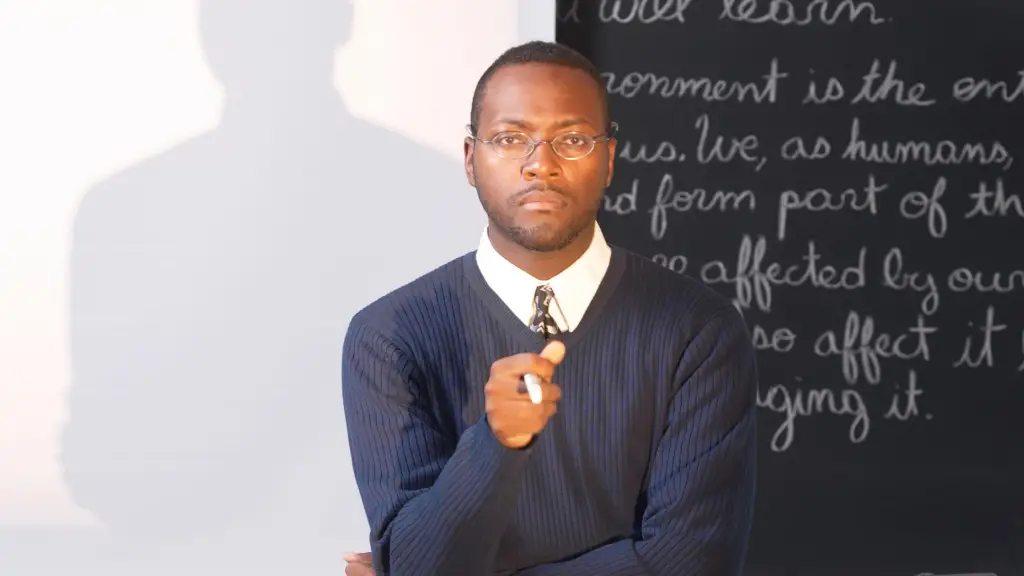
Looking for lesson plan inspiration? Below are 50 questions for students, starting with the basics and moving to more advanced questions at the end.
Note: If you’re looking for an engaging way to teach about elections and voting, I highly highly highly recommend you check out the Election Night board game for the classroom. Find more info here.
Election Cycles
- How often do we vote for president?
- How often do we vote for senators?
- How often do we vote for representatives?
- What is a general election?
- What is a midterm election?
Election Processes
- What is the electoral college?
- If a presidential candidate wins the popular vote, do they become president?
- What happens if there is a tie in a presidential election?
- In the context of elections, what is a delegate? What is a superdelegate?
- How many votes does a candidate need from the electoral college to become president?
- Who chooses the vice-presidential candidate?
The Ballot
- What does “incumbent” mean?
- What does it mean to be an ‘independent” candidate?
- What does “straight-ticket” or “straight-party” voting mean?
- Is your vote secret?
- What is an absentee ballot?
Key Terms and Distinctions
- What is the difference between a general election and a primary?
- What is the difference between an election and a referendum?
- What types of public officials are appointed instead of elected?
- What does the term “popular vote” mean?
- What does the term “swing state” mean?
- What is the difference between a caucus and a primary?
The Act of Voting
- What government agency in your state is responsible for holding elections?
- Who is allowed to vote in the U.S.? Can you think of exceptions?
- If you’re a U.S. citizen over the age of 18 traveling in another country during an election, can you still vote? How?
- What things do voters need to register in your state? Bonus: where and when can citizens register to vote?
- Is voting mandatory in the U.S.?
Open-ended Questions
- What are some basic voter responsibilities and duties?
- Do you think presidential debates are helpful? Why or why not?
- Is voting the only way citizens shape government policies? How might citizens help change government policy in between elections?
- Do you think each vote really counts? Why or why not?
- Why do you think instances of voter fraud are so low in the U.S.?
- How could the voting process be improved?
- Do you think voting should be mandatory?
- Do you think 18 is the right age to be able to vote? Why or why not?
- Should the U.S. get rid of the electoral college? Why or why not?
- Describe the process of running for president in the U.S.
- Why are campaign finance laws so important in elections?
- What do you think would make politics less divisive for the country?
- How do you think the U.S. could get higher voter turnout?
- What do you think would make youth more interested in voting and getting involved in civic life?
- What role do you think special interest groups play in elections?
- If you were running for president, what would you make your key issue(s) during your campaign?
- Can you name your senators and representative? Who are they and what do you know about them?
- Do you think citizens should be able to vote online? Why or why not?
History and Election Quarks (Advanced)
- Why are general elections always held on a Tuesday in November?
- Why is Iowa so important in the U.S. presidential election process?
- What was the reasoning for the creation of the electoral college?
- Who was the first U.S. president of the 21st century? The 20th century? 19th? 18th?
- What is a “top-two” primary? Can you name a state that uses this system?
Looking for more education materials? Check out the Education & Games resource page for creative ways to teach civics to students of all ages.
